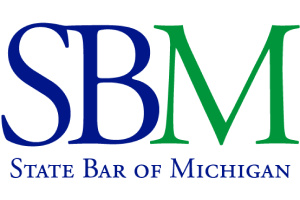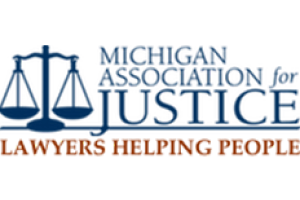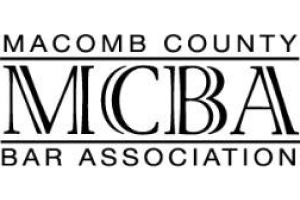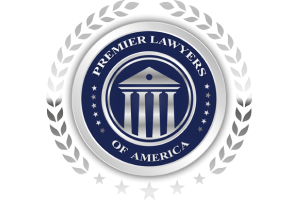The case of People of the State of Michigan v. Rodney Lee Koon, appears to have answered a question many Michigan criminal practitioners face from their clients possessing a medical marijuana card. That question is whether possession of that card prevents a conviction under the “zero tolerance” provision of MCL § 257.625(8). That statute and…
Continue reading ›









Articles Posted in Medical Marijuana
Contact Us
- Free Consultation
- (866) 529-3537
Topics
- Aid & Attendance
- Auto Insurance
- Bankruptcy
- Car Accidents
- Case Examples
- Change of Domicile
- Child Support
- Custody issues
- DUI Sanctions
- Domestic Violence
- Driver Safety
- Estate Planning
- Estate Recovery
- Family Law/Divorce FAQs
- Firm Announcements
- Firm News
- Implied Consent
- Legal Updates
- License Restoration
- Medical Marijuana
- Michigan DUI Laws
- Michigan Elder Law
- Michigan No-Fault Law
- No Fault Divorce
- Related Offenses
- Substance Abuse Treatment
- Uncategorized
- VA Benefits
Client Reviews
Thanks so much for all your help these past five years in helping me with all the legal aspects of my folks, L & E.M's, trust. Thanks for answering all my questions. It's been a difficult last 5 years on making decisions for my father, but I'm so grateful that god blessed me with them for so many...
I want to thank you both for all your help and hard work on my case. This certainly was good news! You both did tremendous jobs dealing with Cigna and answering my questions. Thank you and have a wonderful Christmas season!
Thank you so much for all of your help getting me thru this mess. You have no idea how much you have helped. I couldn’t have done this without you! Only one more hurdle, yay!!
I really wanted to thank you, the way you talked with me and worked with me, it was amazing. I was dreading the experience & the deposition & you really made it very easy for me. So, thank you very much for a job well done.
Contact Us
- 1 Free Consultation
- 2 No Fee Guarantee (for Contingent Fee Work)
- 3 Let Us Answer Your Questions

